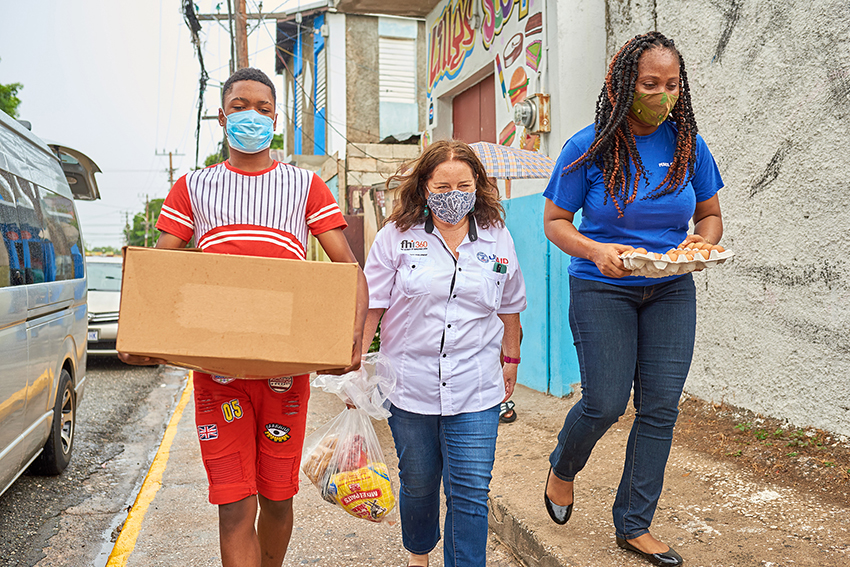
Photo Credit: Mark MacFarlane/FHI 360
As I take the helm at FHI 360, I find myself reflecting on John Norris’ authoritative history of the U.S. Agency for International Development (USAID), The Enduring Struggle. It points to the many accomplishments made possible through the funding and genius of USAID and its countless partners around the world. FHI 360 has contributed greatly to many of these successes, most notably in health, where we have helped combat deadly diseases such as tuberculosis and HIV and made modern contraceptives widely accessible.
Key to these and other achievements is elevating local leadership — what we often call locally led development or, more recently, “localization.” Some make it sound like locally led development is a new idea. It is not. For example, in our HIV projects in Africa in the 1980s, we relied on collaborative efforts led by ministries of health, community groups and local clinicians to identify the most urgent needs and roll out safe testing, training for health workers, education, prevention services and appropriate psychosocial support.
USAID Administrator Samantha Power recently said, “To engage authentically with local partners and to move toward a more locally led development approach is staff-, time-, and resource-intensive — but it is also vital to our long-term success.” Indeed, we increasingly see the United States, European nations and other funders, including corporate donors and foundations, reevaluate their approaches to development challenges. After all, the link between locally led development and sustainable outcomes is well established – FHI 360 has contributed significantly to that body of evidence – and it is time for development organizations, including FHI 360, to reexamine our operating models and determine where we can do more and different and better.
Today, localization requires much more than building local capacity; it is ultimately about elevating local voices and local leadership. To do that right, I believe we must examine our own implicit biases — biases that infuse our design, technical assistance and monitoring and evaluation processes. We must capitalize on the moment to boost the diversity of people and perspectives within our organizations to drive even greater innovation and impact. Not doing so will only, over time, weaken our credibility and compromise our ability to influence lasting, systemic change. We must embrace a much more adaptive and inclusive approach to everything we do, working relentlessly to incorporate diversity, equity and inclusion into every part of our operations and programming.
FHI 360 has a long and strong track record advancing sustainable and context-specific solutions. For more than 50 years, we have led the way on innovations essential to improving the health and well-being of people everywhere. Through our bold ideas and willingness to take risks, to fail even, what were once only possibilities are now real programs and technologies that transform lives.
This same bold, innovative thinking must now be applied to how we at FHI 360 rise to meet new challenges like COVID-19, conflict and climate change. I joined FHI 360 because I believe that together we can build a better, brighter future for everyone — a future rich with possibility. Together we can meet the moment.
